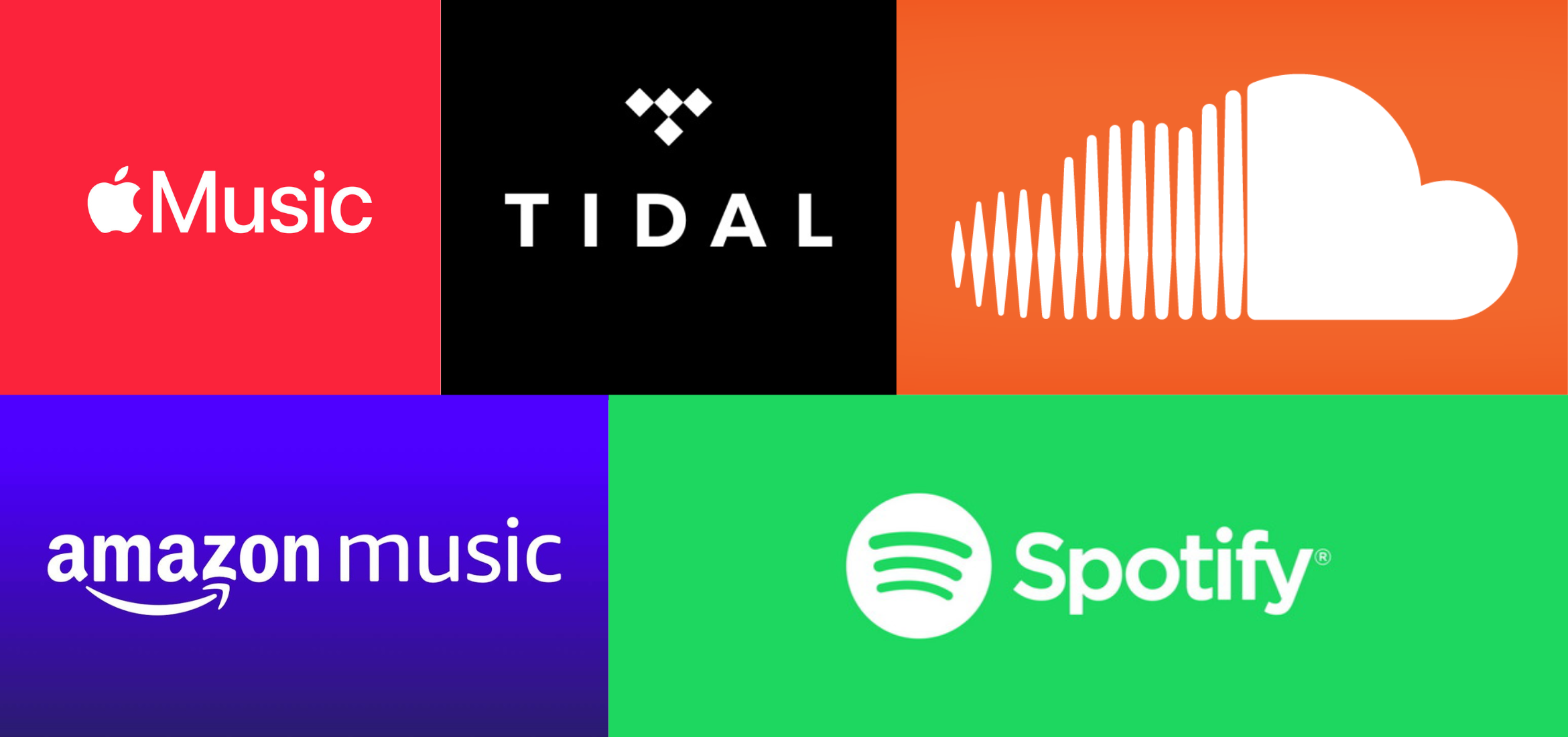

5 Ways Music Streaming Altered The Music Industry
The advent of music streaming platforms has revolutionized the way music is consumed and distributed globally. The global music industry has been significantly influenced by this streaming revolution courtesy of platforms such as Apple Music, Spotify, Tidal, Deezer and many more. Thus, let’s delve into how streaming has altered the music industry, discussing its impact on artists, listeners, and the overall music ecosystem.
ACCESSIBILITY AND GLOBAL REACH
Streaming platforms such as Spotify, Apple Music, and YouTube Music have made music readily accessible to millions of listeners worldwide. This newfound accessibility has broken down geographical barriers, allowing artists to reach a global audience like never before. Through streaming, musicians can now showcase their talent, culture, and diverse music genres to a vast international fan base, thereby expanding their reach and influence.
REVENUE GENERATION
Streaming platforms have introduced new revenue streams for artists. In the past, album sales and physical music distribution were the primary sources of income for musicians. However, with the rise of streaming, artists can now earn royalties based on the number of streams their songs accumulate. This has provided a fairer system for compensation, enabling artists to monetize their music more effectively. Streaming platforms have also facilitated the rise of music licensing and synchronization deals, opening doors for artists to earn income through placements in movies, TV shows, and advertisements.
INDEPENDENT MUSIC AND CREATIVE FREEDOM
Streaming has empowered artists to take control of their careers and pursue independent music releases. Previously, artists relied heavily on record labels for distribution and promotion. However, streaming platforms have minimized the need for intermediaries, allowing artists to release their content independently and retain creative control. This newfound independence has given rise to a vibrant and diverse music scene in fostering creativity and innovation. Here are tips for upcoming artists to break even in the music industry today without a record label.
DATA ANALYTICS AND FAN ENGAGEMENT
Streaming platforms provide artists with valuable data analytics, allowing them to understand their audience better. Through music streaming insights, musicians can identify their listeners’ preferences, demographics, and geographic locations. This data can inform future marketing strategies, tour planning, and collaborations, resulting in more targeted and successful career decisions. In other words, if an artist can break through and hack the music streaming algorithm, he/she will get more engagement and a growing fan base. Here is a sneak peek into the music streaming algorithm. Additionally, streaming platforms enable direct engagement between artists and fans through playlists, comments, and social media integration, fostering a stronger sense of community and fan loyalty.
CHALLENGES AND ADAPTATION.
While streaming has undeniably brought positive changes to the music industry, it has also presented challenges. The rise of free streaming platforms and piracy has impacted revenue generation for artists. Furthermore, the saturation of the streaming market has intensified competition, making it harder for emerging talents to gain visibility. However, artists and industry stakeholders have adapted by exploring alternative revenue streams, such as live performances, merchandise sales, and brand partnerships.
Streaming has ushered in a new era for the music industry, transforming the way music is created, distributed, and consumed. It has provided artists with an unprecedented platform to showcase their talent globally, generating new revenue opportunities and fostering creative independence. While challenges and competition persist, the streaming revolution has undoubtedly opened doors for artists and listeners alike, propelling the country’s music scene to greater heights. As technology evolves, artists and industry stakeholders must adapt and harness the full potential of how it reshapes the industry.



No Comments